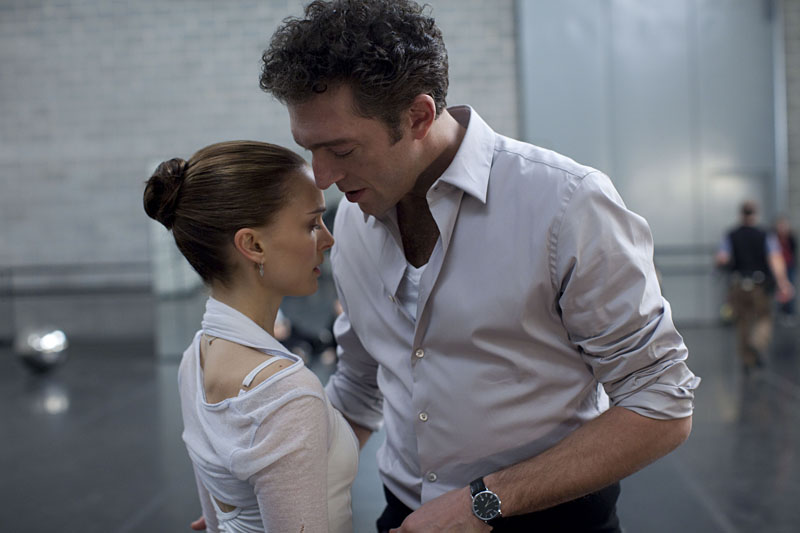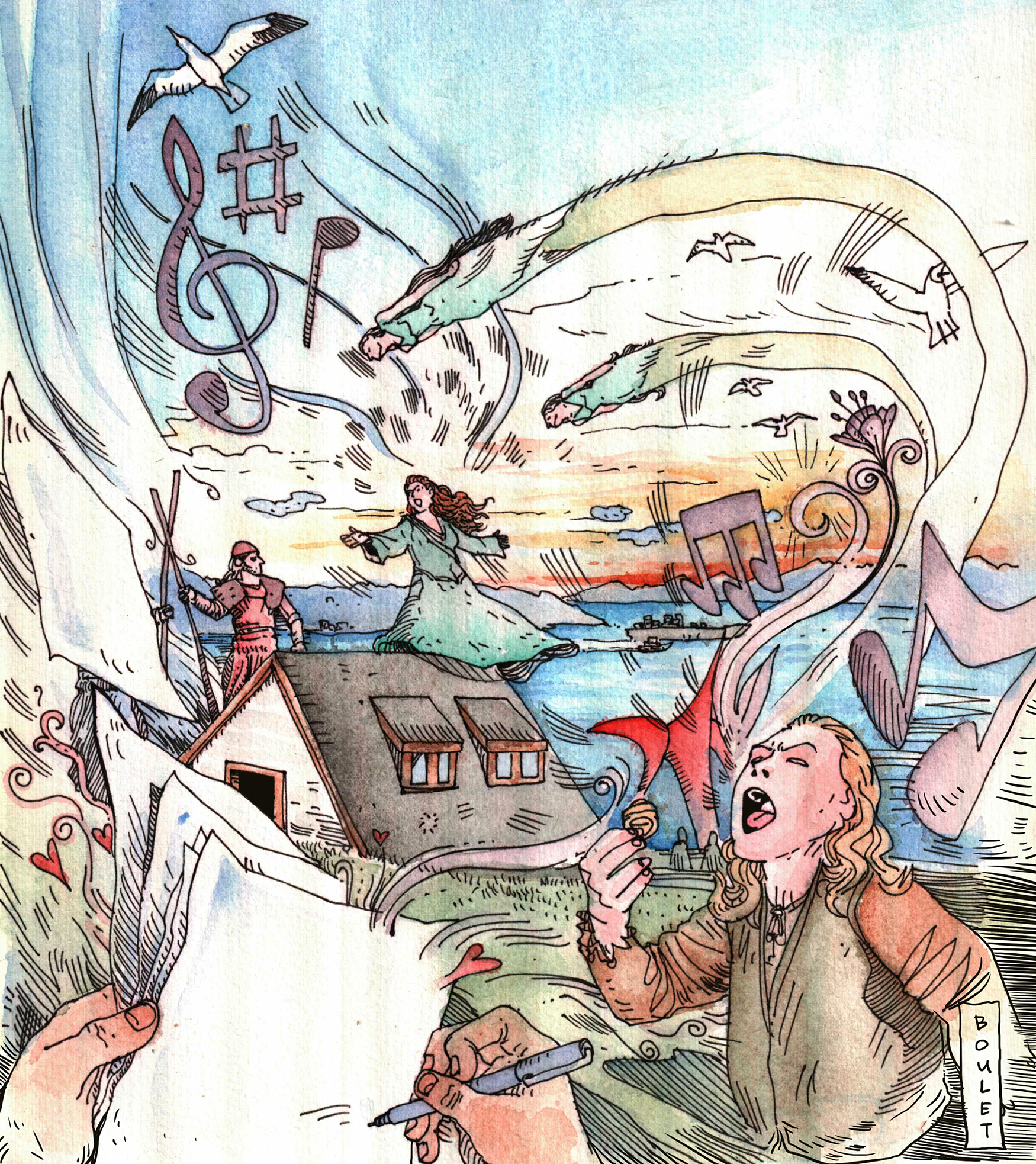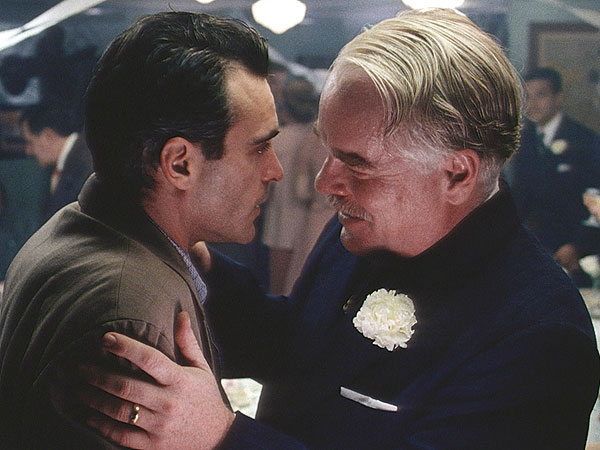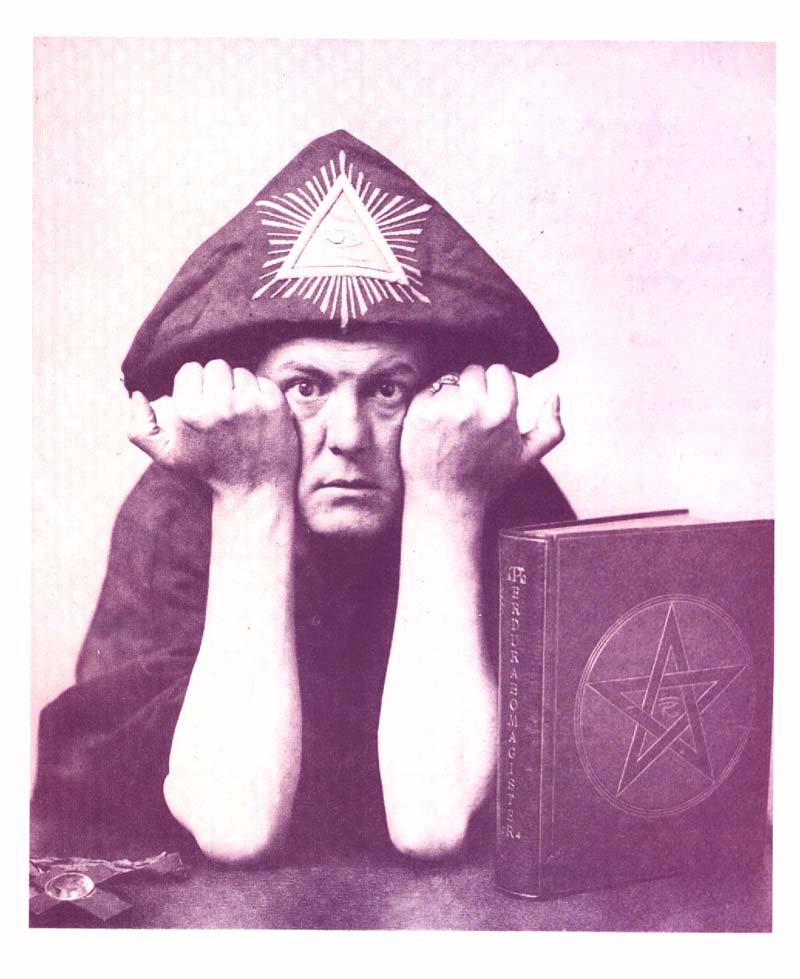WEDNESDAY 5/9
Books: Voting at the Pump
Corporations are people, my friend. Except, Pulitzer-winning journalist Steve Coll might argue, when the corporation in question is ExxonMobil. The oil behemoth is bigger than people, and, with annual profits exceeding $30 billion, bigger than many national economies. It is, with unrelenting and rising global demand, a bigger presence on the map than the U.S. (Though our military is deployed abroad in part to keep its interests safe—an expense for which the company is devoted to paying the least amount of tax possible.) Private Empire: ExxonMobil and American Power (Penguin, $36) grimly depicts a might that outlasts any presidential administration, Republican or Democrat. The company can afford to fight global warming research on the one hand, then agree to a carbon tax on the other, because delay is always in its best interests. The longer it stalls, the longer it can extract and sell its one precious product. The EPA and environmental lawsuits and occasional government takeovers of oil fields hardly matter; those are just birds pecking on the rhino’s back. Reading all 685 pages of Private Empire might drive you to despair, because no amount of Prius- driving individual virtue can stanch the thirst of China and other developing countries. Like a casino, ExxonMobil always wins. And if Coll’s tone is too measured for the Inconvenient Truth crowd, that’s because casinos depend on willing customers. Even if you walk to work each day, whistling to the music from your iPod, that device was shipped from Shenzhen on a freighter powered by diesel fuel. In effect, we have all voted ExxonMobil into power. Seattle Central Library, 1000 Fourth Ave., 386-4636, spl.org. Free. 7 p.m. BRIAN MILLER
THURSDAY 5/10
Baseball/Books: Cheap, Cheap, Cheap
Jon Wells is the publisher and editor of The Grand Salami, the independent Mariners monthly magazine sold outside Safeco Field on game days, and his new book is called Shipwrecked: A Peoples’ History of the Seattle Mariners (Epicenter, $15.95). As per the subtitle’s reference to Howard Zinn, the book offers a contrarian take on why the M’s are one of only two MLB teams that have never played in a World Series. Explaining in detail why the team has sucked so bad for so long— or, spinning it optimistically, why it wasn’t able to sustain the successes of 1995 and 2001—might sound like an exercise in masochism, but Wells does an admirable job of rehashing the futility without getting too bitter. In Wells’ estimation, the trouble with the Mariners is that management—namely team president Chuck Armstrong and CEO Howard Lincoln—is too risk-averse and stingy to spend the extra $10 to 20 million in salaries necessary to keep the M’s competitive with the Yankees, Red Sox, Angels, and other high rollers. Over a recent beer at F.X. McRory’s, Wells characterized management’s position as “‘Now we’ve got our stadium, screw you.'” He concludes, “Their priorities are making profits, not putting a good team on the field.” Third Place Books, 17171 Bothell Way N.E., 366-3333, thirdplacebooks.com. Free. 7 p.m. (Also: 7 p.m. Tues., May 15 at Elliott Bay.) KEEGAN HAMILTON
FRIDAY 5/11
Film: Love During Wartime
What’s left to be said about Marcel Carné‘s towering, intimate epic of early 19th-century love and the lives of performers, often heralded as the greatest French film of all time? That Children of Paradise, being shown in a new 4K-quality digital restoration, was made at all only enhances its legendary status: It was shot in wartime Nice from August 1943 to April 1944 and finally premiered in Paris in March 1945. Establishing its fascination with the theater (and the theatrical), the film commences with a raised curtain. Frustrated rakish actor Frédérick (Pierre Brasseur) and heartsick mime Baptiste (Jean-Louis Barrault) are both drawn—the latter, especially—to Garance (the magnificent Arletty, later accused of collaborating with the enemy for having taken a German lover during the Occupation). This onetime “model for Ingres” will also enchant murderous intellectual Lacenaire (Marcel Herrand) and the libertine Count de Montray (Louis Salou). “I want you to love me the way I love you” is heard twice in Children of Paradise, a perfect summation of screenwriter Jacques Prévert’s rich detailing of romantic desperation and feelings not reciprocated—or realized too late. Barrault’s silent, white-faced character has long been the film’s most indelible image. Seen anew, his Baptiste, delicate, bashful, and wraith-like, makes for a fascinatingly incongruous romantic lead—which somehow makes Children of Paradise even more touching. (Through Thurs.) SIFF Film Center, 305 Harrison St. (Seattle Center), 324-9996, siff.net. $5–$10. 8 p.m. MELISSA ANDERSON
Books: 2 + 2 = Liberal Bias!
Chris Mooney is back with another GOP-bashing tome, and why not? As the world becomes ever more complex and dependent on technology, as the U.S. fails to educate enough engineers, programmers, scientists, and doctors, the Republican primary debate regressed to ever-simpler terms. Instead of evidence and rationality, Romney and company embraced an agenda of . . . FREEDOM! As in freedom from facts, statistics, and the empirical method. In The Republican Brain: The Science of Why They Deny Science—and Reality (Wiley, $25.95), Mooney blames the subcortex, that older, lizard-descended part of the brain that dictates our fight-or-flight emotional impulses. This leads to “motivated reasoning,” where the newer parts of the brain (i.e., the prefrontal cortex) get overwhelmed with key memories and associations from the older bits. (Do you want to reason with the spider or crush it?!?) Every time you argue with your father-in-law or click to FOX News to make yourself angry, there’s a kind of synaptic reinforcement at work—for both liberals and conservatives—as those emotions are rehashed. Says Mooney, “The more we activate a particular series of connections, the more powerful it becomes. It grows more and more a part of us, like the ability to play guitar or juggle a soccer ball.” Put differently, practice makes us all very pissed off. Town Hall, 1119 Eighth Ave., 652-4255, townhallseattle.org. $5. 7:30 p.m. BRIAN MILLER
Film: Dancing on Her Own Grave
Black Swan isn’t a standard ballet movie in the tradition of The Red Shoes or The Turning Point. And director Darren Aronofsky is no scholar of dance. From Pi to Requiem for a Dream to The Wrestler, he’s been intent on society’s obsessive outcasts, the performers/artists/freaks who entertain us with their self-abnegating devotion. The better their craft, the greater their sacrifice. They’re the Roman gladiators, we’re the cheering mob. Natalie Portman won an Oscar for her 2010 role as Nina, a virginal young woman in her early 20s who lives with her overbearing mother (Barbara Hershey). Feeling unrecognized and underappreciated as a corps dancer, Nina lobbies for the dual role of the Swan Queen/Black Swan in Swan Lake, which triggers a profound split in her personality. As Nina prepares for the first curtain, Aronofsky is intent on the gruesome details of the dancer’s art. Bulimia, broken toes, and protruding backbones—these are the stigmata of Nina’s career path. If she’s to become a black swan, that means embracing the dark side of her art and becoming her own doppelgänger. Black Swan is more a horror movie than an art film. Nina may be hallucinating her whole ordeal, but Aronofsky suggests there’s a like insanity in all artistic creation. Egyptian, 801 E. Pine St., 781-5755, landmarktheatres.com. $8.25. Midnight. (Repeats Sat.) BRIAN MILLER








